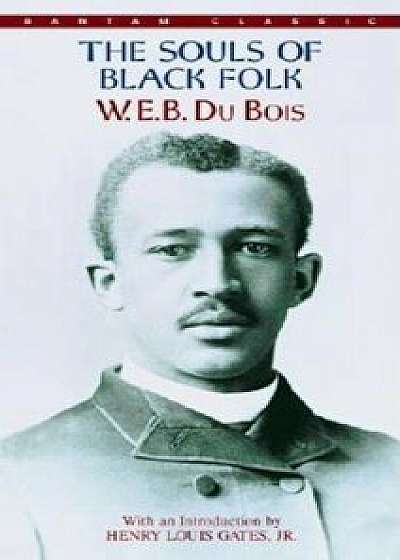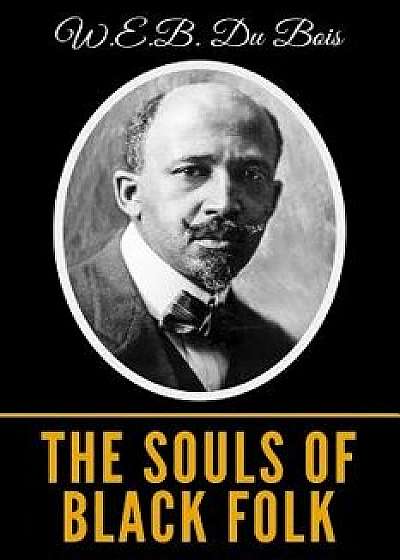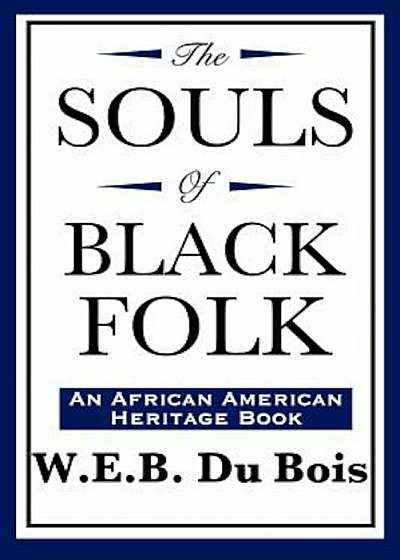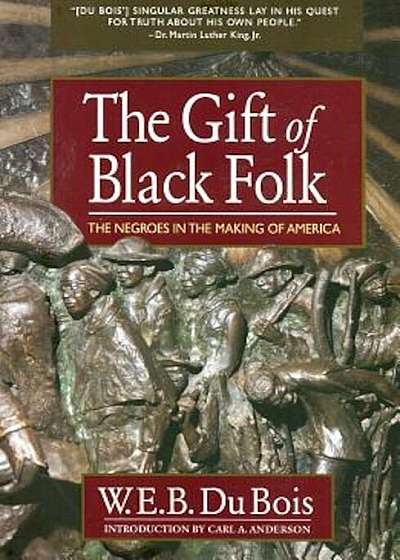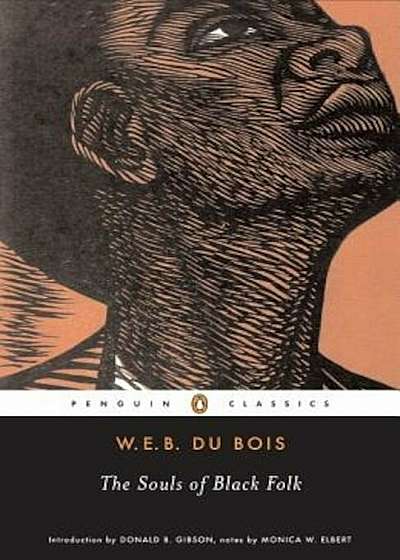
The Souls of Black Folk, Paperback/W. E. B. Du Bois
Descriere
Description One of the most widely read and influential works in African American literature, "The Souls of Black Folk" is W. E.B. Du Bois's classic collection of essays in which he details the state of racism and black culture at the beginning of the 20th century. Often autobiographical, "The Souls of Black Folk" takes the reader on a history lesson of race relations and the state of the African American from the emancipation proclamation to the early part of the 20th century. A founding member of the NAACP, Du Bois, through his writings, laid the foundation for the debate that would become the civil rights movement. About the Author William Edward Burghardt Du Bois (1868-1963) is the greatest of African American intellectuals--a sociologist, historian, novelist, and activist whose astounding career spanned the nation's history from Reconstruction to the civil rights movement. Born in Massachusetts and educated at Fisk, Harvard, and the University of Berlin, Du Bois penned his epochal masterpiece, The Souls of Black Folk, in 1903. It remains his most studied and popular work; its insights into Negro life at the turn of the 20th century still ring true. With a dash of the Victorian and Enlightenment influences that peppered his impassioned yet formal prose, the book's largely autobiographical chapters take the reader through the momentous and moody maze of Afro-American life after the Emancipation Proclamation: from poverty, the neoslavery of the sharecropper, illiteracy, miseducation, and lynching, to the heights of humanity reached by the spiritual "sorrow songs" that birthed gospel and the blues. The most memorable passages are contained in "On Booker T. Washington and Others," where Du Bois criticizes his famous contemporary's rejection of higher education and accommodationist stance toward white racism: "Mr. Washington's programme practically accepts the alleged inferiority of the Negro races," he writes, further complaining that Washington's thinking "withdraws ma
